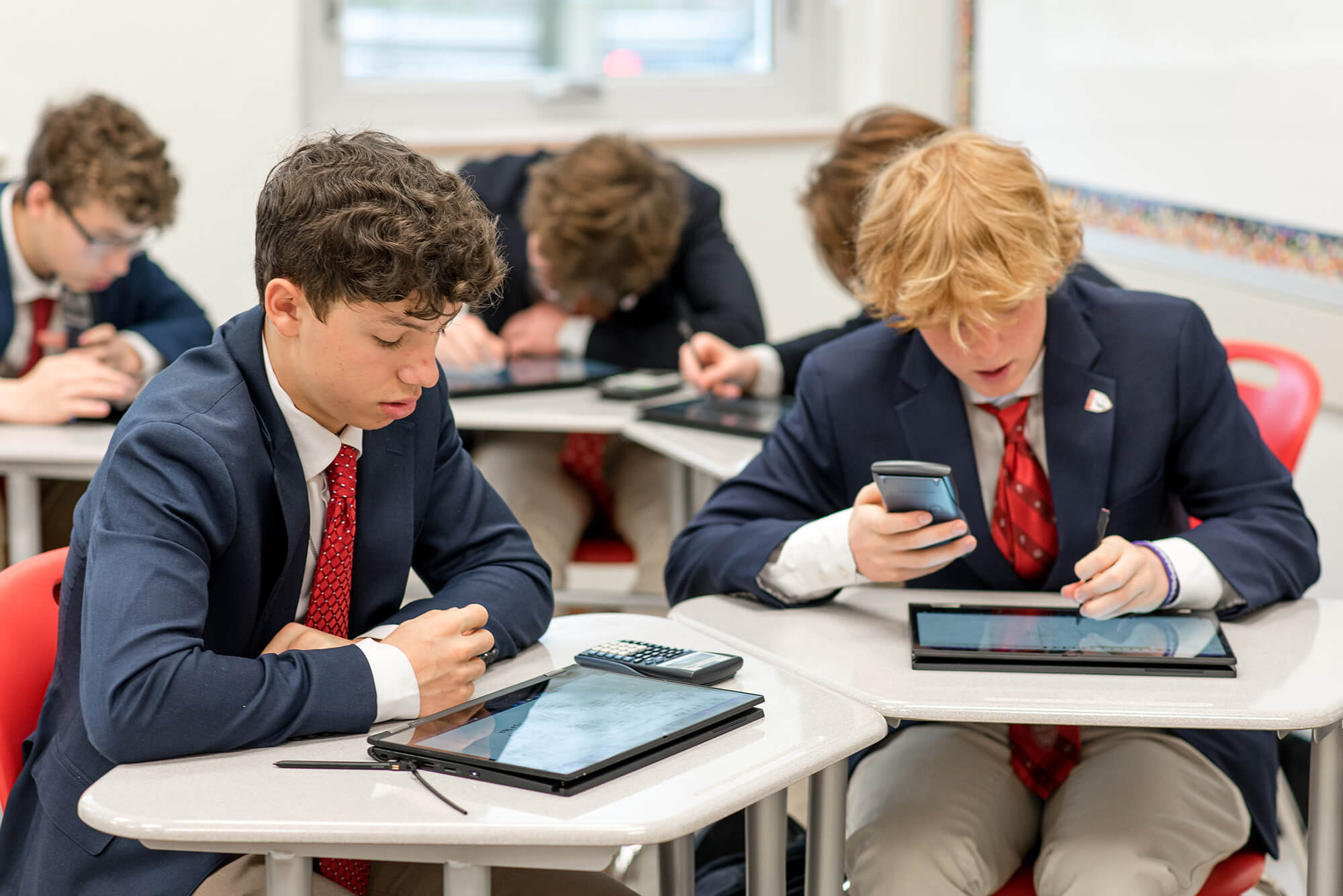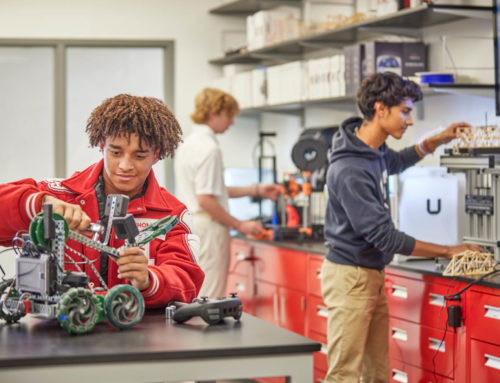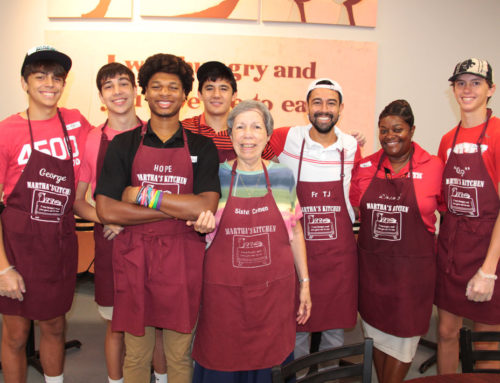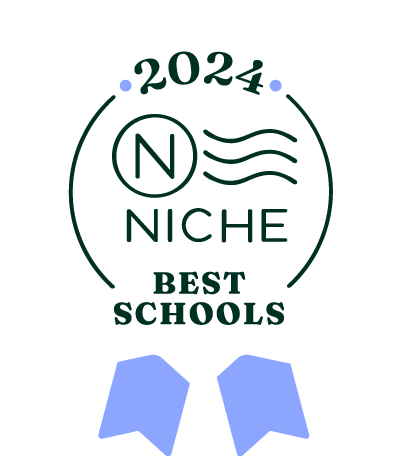This course is the third in a series of enrichment courses for middle school students sponsored by St. Thomas High School. The first two are Step Up Study Skills and Preparation for the High School Entrance Exams.
In Pathways to Independent Learning, students are given tools and strategies to take charge of the learning process. They will be able to take full responsibility for choosing effective approaches to long-term learning. Why is this ability especially critical now?
Students have been forced into roles they have never been in before and, unfortunately, many do not have the tools or skills needed to overcome the learning difficulties they have encountered. Students need the skills and strategies of independent learning so that they are equipped to excel in any learning environment or situation. Research has proven that facility and practice of executive functioning skills and critical thinking is a greater predictor of student success than IQ. Students who develop the skills of independent learning are better able to adapt and succeed when they encounter obstacles.
Developing the skills of self-advocacy, communication, and critical thinking give students the skills and strategies to take charge of the learning process. They have the ability to be self-aware to know their specific needs, what help will support those needs, how to communicate those needs to teachers and parents, and how to develop a deeper understanding of new information. These skills lead students to become better problem-solvers and build upon other essential life skills. Developing the skills of independent learning is beneficial to all students because it provides the tools needed for success in school and in life.
Course Schedule (Choose One):
Class 1
- Saturday, March 2, 2024, 9:00-11:00 AM
- Saturday, March 9, 2024, 9:00-11:00 AM
- Saturday, March 23, 9:00-11:00 AM
Class 2
- Saturday, April 13, 2024, 9:00-11:00 AM
- Saturday, April 20, 2024, 9:00-11:00 AM
- Saturday, April 27, 2024, 9:00-11:00 AM
The advantages of being an independent learner:
- Learn how to learn.
There is a difference between repeating information and understanding the process of learning. Independent learners go beyond memorization in developing and practicing intellectual creativity and curiosity.
- Focus on the process rather than the end.
The process of learning should be the greatest adventure for a student. Knowing how to be flexible and using failure as a learning tool often leads to amazing success.
- Suitable for different levels of intelligence.
Students at all levels can develop the skills of independent learning, and by doing so, will no doubt improve academically.
- Promotes time management and other life skills.
Being an independent learner requires students to develop skills like planning, prioritizing, and meeting deadlines, as well as how to deal with distraction.
- Develop a passion for learning and exploring curiosity.
Understanding the process of learning piques students’ interest and makes them want to learn more because they lose the attitude of “I can’t do it”.
- Develop intrinsic motivation and satisfaction.
Independent learners will come to depend on themselves for a job well done. They push on, even when the world is not cheering them on, because they know self-satisfaction is enough.
- Become aware of strengths and weaknesses.
Independent learners can use their strengths to their advantage. They are equipped to deal with their weaknesses and find strategies to improve them.
- Learn how to communicate with others.
Independent learners build stronger relationships with teachers, parents, and friends because they develop skills to communicate effectively.
- Possess the ability to handle failure.
An independent learner focuses more on the process of learning, so failure is not as scary because it is used as a learning tool.
- Become more resourceful.
Independent learners can navigate the learning process. They know where to find information, how to use information, and ultimately how to apply information in the real world.
Questions or Additional Information
For additional information, please contact us at Rodney.Takacs@sths.org.
